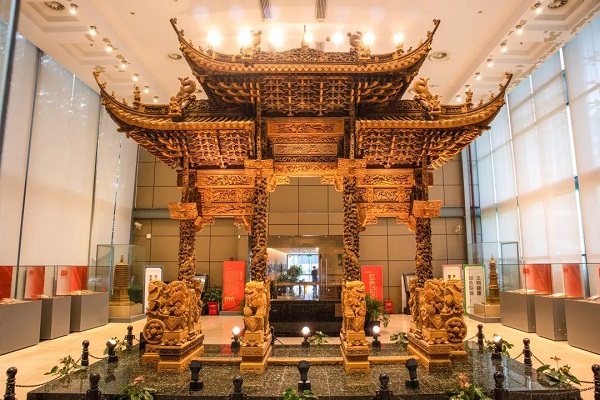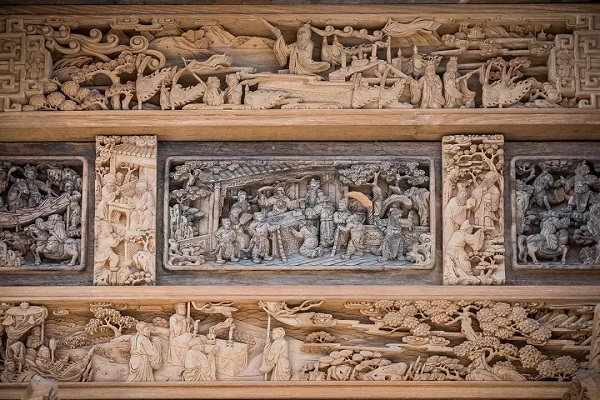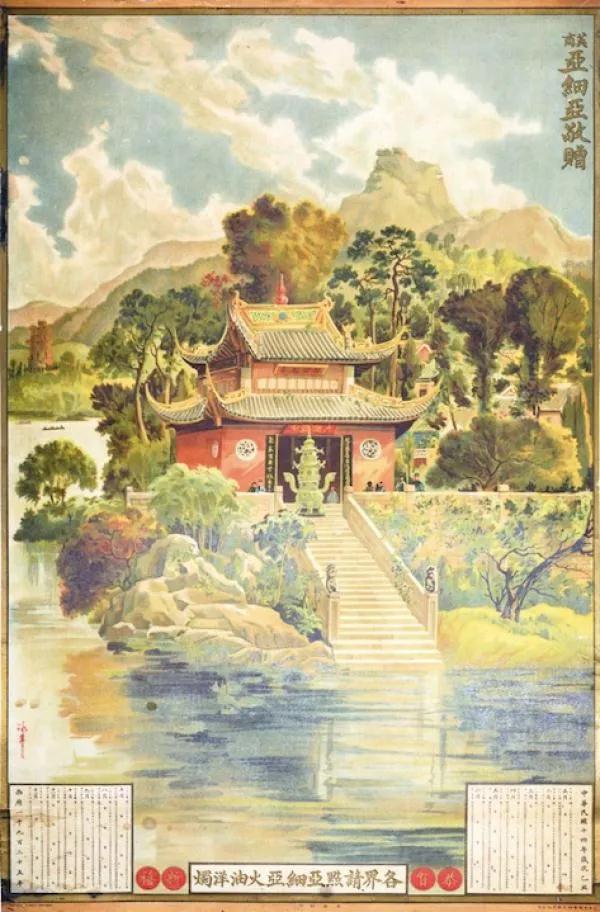T'ou-Sè-We Museum
T'ou-Sè-We, known in Chinese as Tushanwan, holds a significant place in the cultural history of Shanghai, serving as a cradle of education for orphans and underprivileged children.
Founded by French Jesuit priest Joseph Gonnet in the mid-19th century, the Tushanwan Orphanage taught the orphans classes of vocational skills, including sculpture, painting, carpentry, and stained glasses. Many of the orphans went on to become masters of artworks.
Tushanwan, which translates to "Earthen Hill Bay", refers to an area of Xujiahui, the historically Catholic district that was on the outskirts of Shanghai.
The T'ou-Sè-We Museum, which sits on the original site of the orphanage, now stands as a tribute to its rich history.
Through a diverse array of exhibits, the museum offers a captivating journey through the cultural heritage of Tushanwan Orphanage – underscoring its contributions to art, craftsmanship and cultural exchange between the West and China.
At the heart of the museum stands an awe-inspiring pailou memorial gate, which seamlessly blends Chinese and Western architectural styles. Crafted by dozens of orphans under the guidance of German Jesuit Aloysius Beck, this monumental pailou memorial gate captivates audiences worldwide with its exquisite craftsmanship. A representative of Chinese architecture, it was exhibited at the 1915 Panama-Pacific International Exposition.

A view of the pailou memorial gate in the T'ou-Sè-We Museum. [Photo/archives.sh.cn]

A close look at a section of the pailou memorial gate. [Photo/archives.sh.cn]
Inside the museum is a treasure trove of artworks, including wood carvings, paintings, and stained-glass pieces. Historical artifacts, photos, and archives offer a glimpse into daily life at the orphanage, showcasing its educational endeavors and community influence.
It also introduces the orphanage's pioneering role in introducing Western art to China.

A painting by artist Xu Yongqing (1880-1953) featuring the Lingyin Temple in Hangzhou. [Photo/archives.sh.cn]
If you go
Address: No 55 Puhuitang Road, Xuhui district
Open: Tuesday to Sunday, 9 am-4:30 pm (Last entry at 4 pm)
Admission: Free
(Updated on Nov 24, 2025)
Sources: "xuhuifabu" WeChat account, xujiahuiorigin.com, archives.sh.cn